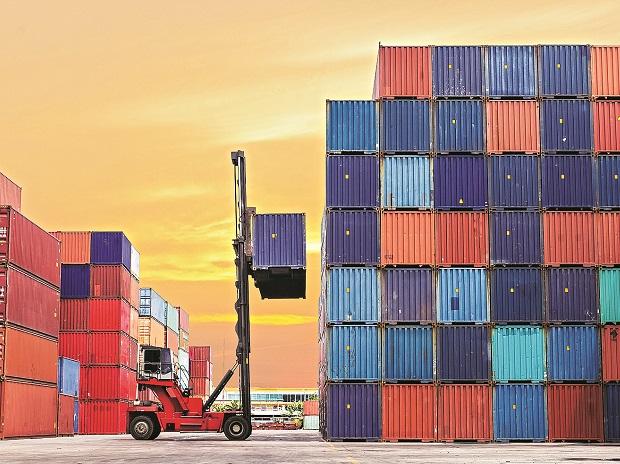India has ordered its 4,000 military shops to stop buying imported goods, according to a document reviewed by Reuters, a move that could send an unwelcome signal to foreign liquor firms such as Diageo and Pernod Ricard.
India's defence canteens sell liquor, electronics and other goods at discounted prices to soldiers, ex-servicemen and their families. With annual sales of over $2 billion, they make up one of the largest retail chains in India.
The Oct. 19 internal order from the defence ministry, reviewed by Reuters, said that in future, "procurement of direct imported items shall not be undertaken".
The order said the issue had been discussed with the army, air force and navy in May and July, and was aimed at supporting Prime Minister Narendra Modi's campaign to promote domestic goods. A defence ministry spokesman declined to comment.
The order did not specify which products would be targeted. However, industry sources said they believed imported liquor could be on the list.
Imports make up around 6-7 per cent of total sales value in the defence shops, according to an August research column of the government-funded Institute for Defence Studies and Analyses (IDSA). Chinese products such as diapers, vacuum cleaners, handbags and laptops, account for the bulk if it, it said.
Reuters reported in June that Pernod and Diageo had briefly stopped receiving orders for their imported brands from such government stores. Diageo did not respond to a request for comment, while a Pernod spokesman declined comment.
While imported liquor sales at defence stores generate only about $17 million in annual sales, the order would send a negative signal, said an executive whose company sells products at defence stores.
"The (foreign liquor) sales are small - but why would a government which is wanting to attract foreign investments do this? It's a confusing, conflicting signal," said the executive.
India has in recent months taken steps to curb Chinese businesses and investments following a border clash in June that killed 20 Indian soldiers.
 Dear Reader,
Dear Reader,
Business Standard has always strived hard to provide up-to-date information and commentary on developments that are of interest to you and have wider political and economic implications for the country and the world. Your encouragement and constant feedback on how to improve our offering have only made our resolve and commitment to these ideals stronger. Even during these difficult times arising out of Covid-19, we continue to remain committed to keeping you informed and updated with credible news, authoritative views and incisive commentary on topical issues of relevance.
We, however, have a request.
As we battle the economic impact of the pandemic, we need your support even more, so that we can continue to offer you more quality content. Our subscription model has seen an encouraging response from many of you, who have subscribed to our online content. More subscription to our online content can only help us achieve the goals of offering you even better and more relevant content. We believe in free, fair and credible journalism. Your support through more subscriptions can help us practise the journalism to which we are committed.
Support quality journalism and subscribe to Business Standard.
Digital Editor

RECOMMENDED FOR YOU